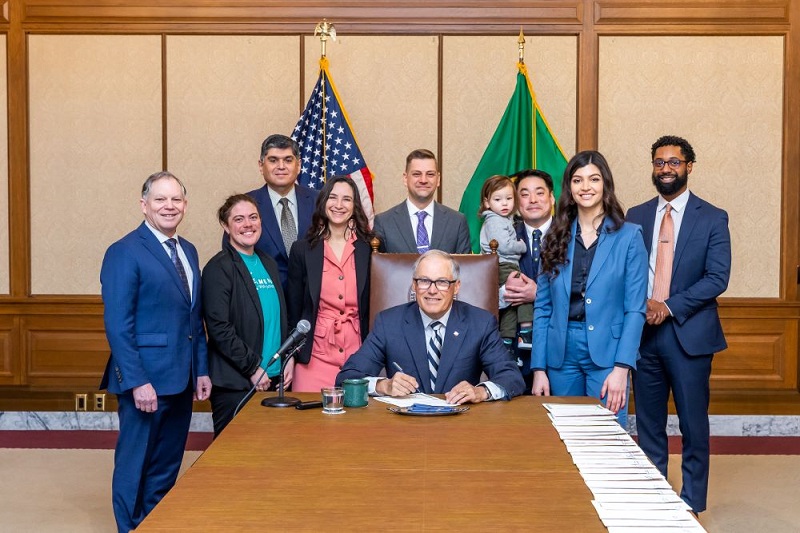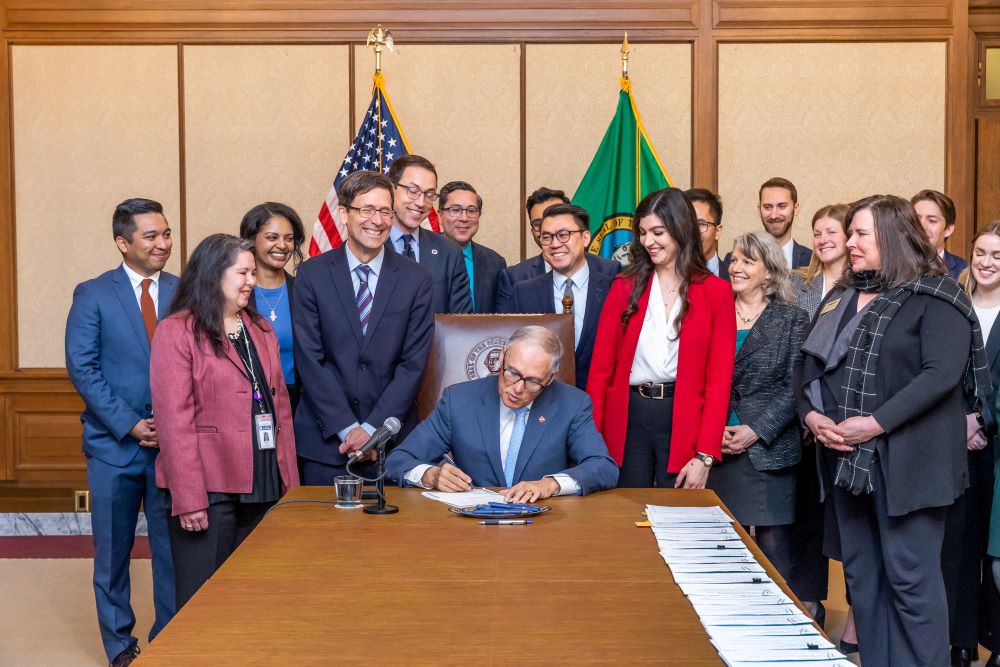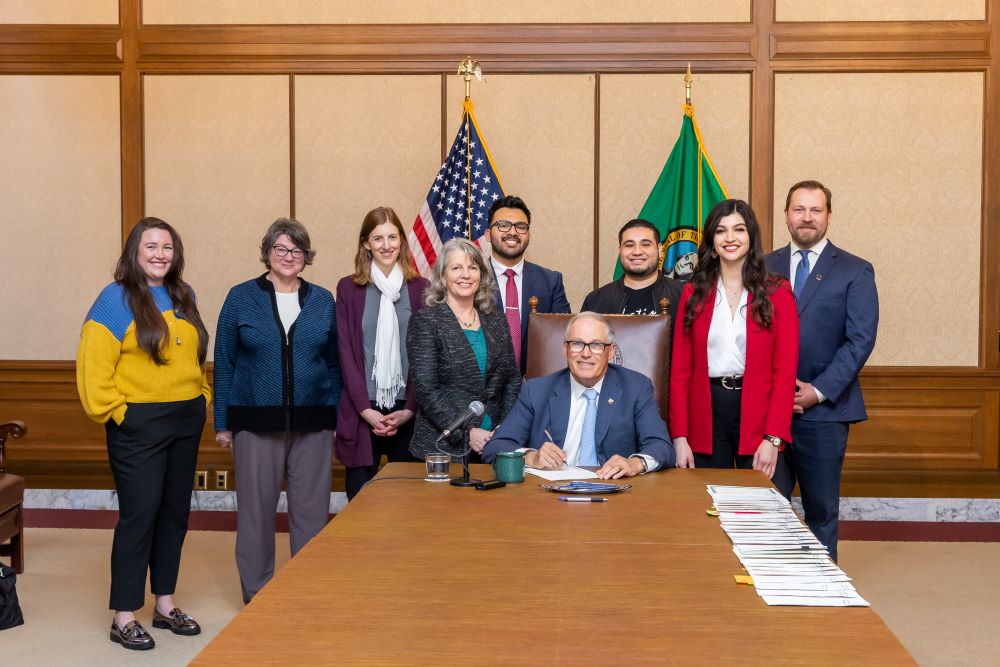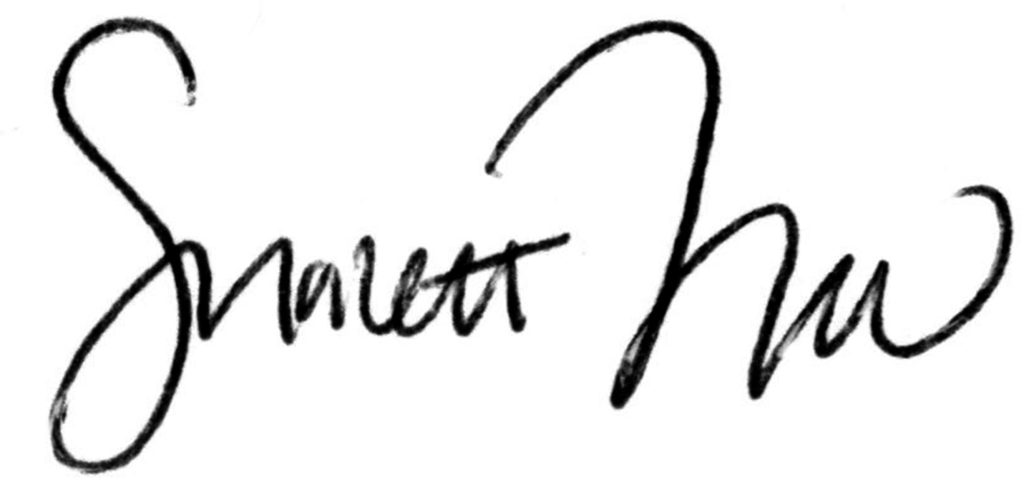Dear Friends and Neighbors,
The Legislature officially adjourned its 2023 legislative session on Sunday, April 23. My first session was a whirlwind, but I am proud of the legislation that I was able to pass through the process. Overall the Legislature passed 476 bills out of 1,481 that were introduced. Of those 476 bills, 286 were passed unanimously and 379 had 80 or more votes. Most of the work that we do in Olympia truly is bipartisan. I personally introduced twelve bills and was able to pass six bills. Read on to learn about the bills I passed this year.
Washington Voting Rights Act 2.0

In 2018, the Legislature passed the Washington Voting Rights Act (WVRA) to assist cities, counties, school boards and other local elected bodies in voluntarily adopting changes to create fair elections and improve representation. Prior to the passage of the WVRA, state law only allowed at-large election structures for most Washington cities. At large election structures can drown out the voices of communities already on the margins. When it does, it is called voter dilution. Prior to the passage of the WVRA, there was no recourse for changing to fair election structures outside the courtroom. In 2012, the ACLU sued the city of Yakima under the federal Voting Rights Act because despite being 40% Latino, Yakima had never had a Latino elected official. We now have the WVRA which allows cities to voluntarily reform their election systems.
My bill, the WVRA 2.0, lowers the barrier for communities to access the promise of the WVRA in their local jurisdictions. It does this by allowing organizations to represent individual voters and by allowing individuals and organizations to recover the cost of creating changes in elections, within modest limits. This is because bringing notice to a political jurisdiction requires costly research and attorneys. Communities already disenfranchised should not have to bear the cost for their local jurisdiction to comply with the law. Nor should they bear the burden of changing an unjust system to ensure their votes matter. We created the WVRA to ensure that every vote matters, the WVRA 2.0 makes sure that every Washington voter can unlock its promise.
Read more about the bill in Crosscut.
Preventing Utility Shutoffs in Extreme Heat

During a heat wave, access to electricity and water can mean the difference between life and death. No one should die because they can’t afford to pay the utility bill. HB 1329 will ensure that people do not have their utilities cut off during an extreme heat event. Washington law already prevents utility companies from terminating services during cold winter months. Extreme weather events disproportionately impact people with disabilities, seniors, people who work outside, and those with disabilities. Power and water are essential, whether you can afford them or not.
Take a peek into the lawmaking process for this bill in this segment by KNKX.
Learn more about the bill in this segment from King 5.
Banning Toxic Chemicals from Cosmetic Products

When we go to a store, we assume the products on the shelf are safe, but this isn’t always true. A new report by the Washington Departments of Ecology and Health found formaldehyde in 26 of the 30 cosmetics tested, and lead in some. These chemicals are linked to cancer and brain damage. Under current law, the burden is on the consumer to navigate labels and find safe alternatives. You shouldn’t have to be a toxicologist to shop for shampoo. The report also found some of the most harmful chemicals in products marketed to women of color. The Toxic-Free Cosmetics Act bans dangerous chemicals like formaldehyde, PFAS, lead, phthalates, and mercury from personal care products. Washington will have the strongest law on toxics in cosmetics in the nation.
Read more about the study as well as the bill from KNKX.
Preventing Excess Plastic Waste

Plastic pollution and microplastics are harming our environment, our marine wildlife, and bodies. For context, since 1983, we’ve generated 85 billion metric tons of plastic waste. HB 1085 helps us chip away at plastic pollution in three simple ways. First, it bans polystyrene from being used for a dock unless it is encased to prevent it from decaying. Second, it requires that new water fountains include a bottle filling station to cut down on plastic water bottles. And finally, it phases out mini plastic bottles of shampoo from hotels. This bill will help prevent those little microplastics from getting into the water, protecting our salmon, and our way of life in the Pacific Northwest.
Read more about the bill in The Seattle Times.
Protecting State Employees from Harassment via the Public Records Act
The Public Records Act was made to shine a light on the inner workings of government, not to be used as a tool for stalkers and domestic abusers. HB 1533 allows a government employee who is a survivor of domestic violence, stalking, or harassment the ability to prevent information that could be used to track them from being released.
Streamlining Hatchery Maintenance Permits

The Shoreline Management Act requires that most projects adjacent to water receive a ‘substantial development permit.’ This act was designed to protect our shoreline and ensure that the character of development fits with a local shoreline master plan. However, the act is slowing down vital maintenance at fish hatcheries. HB 1758 exempts fish hatcheries from going through the permitting process for maintenance projects. It was a major priority for the Puyallup Tribe.
Thank you for reading my newsletter. Hearing from you is the most important part of my job. Please do not hesitate to keep reaching out throughout the interim with your thoughts and ideas.
Sincerely,

Sharlett Mena
State Representative
29th District
